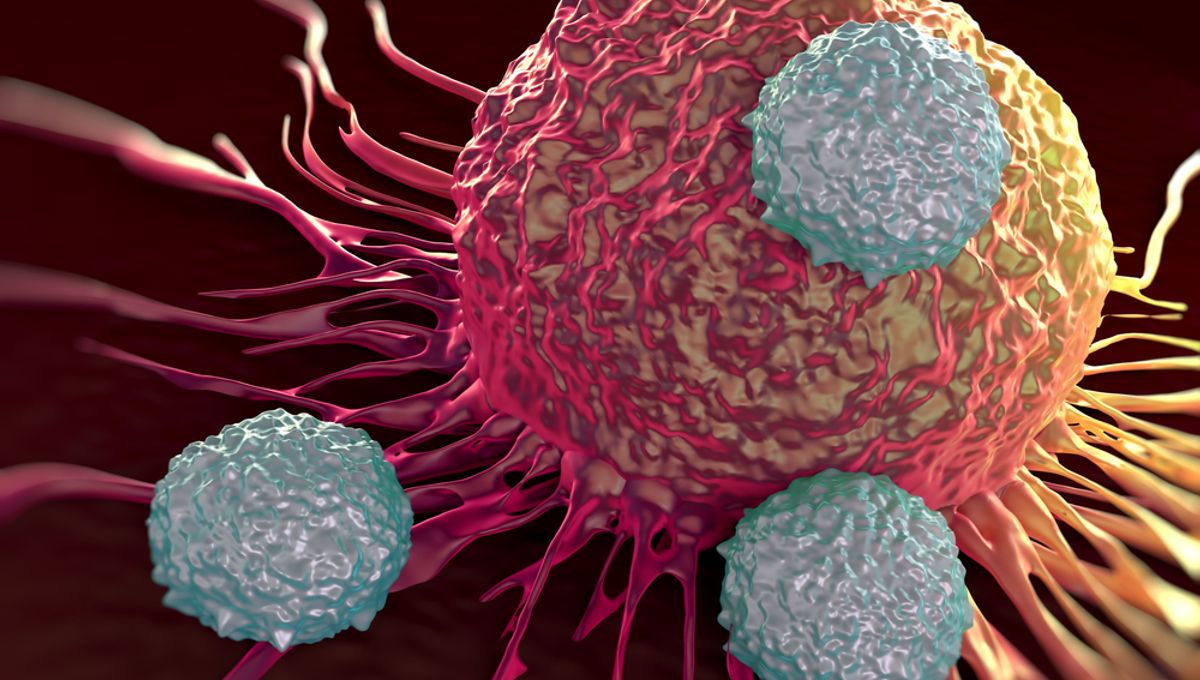
Scientists have genetically engineered bacteria that don’t cause illnesses in humans but do enjoy getting inside tumors, with this particular interest seen as especially useful to fight cancer. The bacteria act as a mole, infiltrating the tumor and then producing special molecules that alert the immune system, which subsequently attacks the cancer.
This bacteria was tested in a mouse model in two ways. It was directly inserted in the tumor and was also delivered to the mouse intravenously. Both approaches were successful at overcoming tumors’ ability to stop signals that alert the immune system of their presence.
“My graduate student, Thomas [Savage], had the idea of potentially utilizing this platform to deliver chemokines,” senior author Dr Nicholas Arpaia, assistant professor of microbiology and immunology at Columbia University, said in a statement.
Chemokines are signaling proteins of the immune system. Different chemokines attract different immune cells, or can make the immune cells respond in a certain way. The bacteria was modified to include a mutated version of the human chemokine gene that attracts “killer” T-cells. A second strain was primed to attract dendritic cells.
“Although T cell responses that are specific to tumor-derived antigens are primed, sometimes what will happen is that despite there being primed anti-tumor T cells, they fail to be recruited into the tumor environment,” explained Dr Arpaia
This is why the bacteria help. They can undercut the tumor’s dirty tricks and call the dendritic cells and the T cells to show up. The former eats the tumor, then presents the cancer cells’ antigens that can then be spotted by the T cells. This process makes the T cells better at fighting the tumors. The bacteria only spread within the tumor and not elsewhere in the animal model.
“What we see is that the bacteria will only colonize the tumor environment, and they only reach a sufficient level of quorum to induce lysis within the tumor, so we can’t detect bacteria in other healthy organs,” explained Dr Arpaia.
The ability of tumors to avoid detection by the immune system is a major area of study in cancer prevention and cure. The team is now looking into optimizing the approach and preparing plans to eventually take it to clinical trials.
“Through decades of research that’s allowed us to understand how an immune response develops, [we’re] developing therapeutics that specifically target each one of those discrete steps,” says Dr Arpaia.
The study is published in Science Advances.
Source Link: Genetically Modified Bacteria Fight Cancer By Snitching On It